Thom Schwarz, RN, a former colleague and a longtime friend of mine, has been a hospice nurse on the night shift for nearly 10 years. He’s also worked as an ER nurse, a journalist, and an editor, and throughout his life he’s been a writer of reflective narratives—a practice that has been shown to help clinicians maintain empathy.
One of his recently published pieces, “Molly,” moves me as an especially poignant meditation on the power of a nurse’s presence at the end of life.
I asked Thom to comment on one sentence in an article published in July in the New Yorker that follows the daily work of a hospice nurse in Brooklyn named Heather Meyerend. Larissa MacFarquhar writes in her opening paragraph:
“Some hospice workers believe that working with the dying is the closest you can get on earth to the presence of God.”
Here is Thom’s response.—JJ
Larissa MacFarquhar’s piece is a wonderfully written half-article on hospice and palliative care.
Half an article? Yes: it’s beautifully sanitized of the patient’s unremitting pain, of the horror of fulminant pulmonary edema, and of the terminal, uncontrollable restlessness that’s all too frequently made worse by paradoxical reactions to benzodiazepines, a hospice nurse’s mainstay. Her article is free of the fear that families often express: “We aren’t nurses, and we don’t know what to do. We’re afraid we’re doing something wrong because he’s suffering so!”
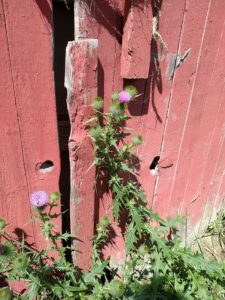 MacFarquhar doesn’t show a nurse forced to admit, “This is normal and natural. This is dying. We are doing the best we can, but I can’t tell you when this will end.”
MacFarquhar doesn’t show a nurse forced to admit, “This is normal and natural. This is dying. We are doing the best we can, but I can’t tell you when this will end.”
I explain things to families such as stopping food and drink at the end of life, preventing pressure ulcers, cleaning and dressing the patient and why that is such a struggle, identifying pain in an unexpressive patient, etc. I explain that if they go to Barnes and Noble the first aisle is full of books on how to make babies, birth babies, feed babies. But if they go to the last aisle there is . . . NOTHING. Well, maybe a few books on the “right way” to feel about death and dying or on philosophical, emotional, and religious preparations for death: “Your faith will sustain you.”
Horse shit. Death is a blessing and dying is a bitch, says I. It all flies out the window when terminal restlessness and uncontrollable pain enter the room and take over.
I recall caring for a Buddhist priest who screamed when I visited one snowy night: “I don’t know how to do this! What is this? Ask Thom, he knows, he knows how to do this!” The dying patient is being born into the next life, but no one has written down the how-to’s.
And nothing puts me more ill at ease than a family member saying, “You’re an angel.”
No, I’m just a guy who’s found his calling. I learned long ago that no matter how difficult my personal life might be, when I clock in and start nursing I am liberated. I can come outside myself to be wholly present for someone who needs what I know. I can help them do what’s needed—that is, I can help make a patient and family as comfortable and peaceful as possible.
God? Angels? When I was an adolescent I was abused. Every day of that epoch I prayed to God, “Make it stop, make it stop.” But God was nowhere in sight; he was out on the links or building a beautiful rainbow. Or maybe he was answering my prayers, and his answer was “No. Deal with it.”
Now I feel the same way when I am nursing. Where is she when the patient and I need her?
I cared for a man recently who is dying miserably by inches and minutes. His family is a train-wreck, unable to help him adequately, in desperate need of mental and physical help themselves, and he spends what time he has worrying about them. I visited him in the middle of the night to listen, talk, even laugh a little. That’s what he needed, not morphine. He teared up for the first time when he mentioned his Boston terrier, Bubbles, who slept next to him every night for years and died a year ago. “That’s when it got bad. I could handle anything, when I had Bubbles.” You figure God might have let him outlive Bubbles
Does Larissa MacFarquhar trivialize hospice and palliative nursing? Yes. No. Maybe. Am I in the presence of God when I am working? There is no God. I am always in the presence of God. God is within everyone, from Barack Obama to Osama Bin Laden, believe it. I am in the presence of “angels” when I meet families who struggle to do their best. God is present at all births, into this life and into the next life. God is mute. God speaks to me in mysterious, awful, awe-filled, loving, and horrific ways.
Some people are visited by God and angels. My mother said, “Everyone dies alone.” I’m just a guy trying to help.



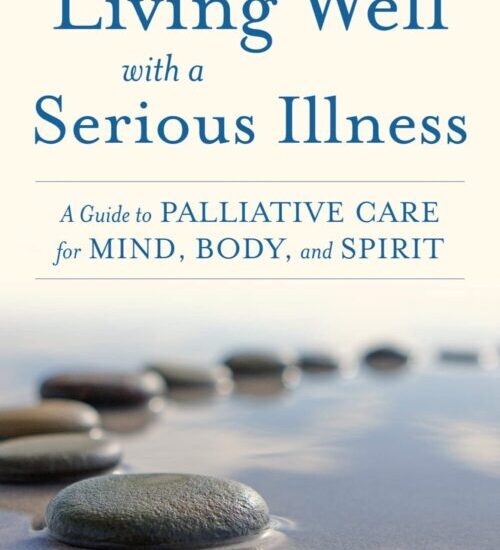
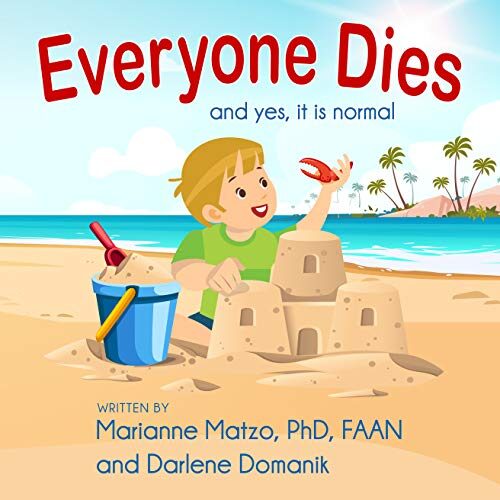
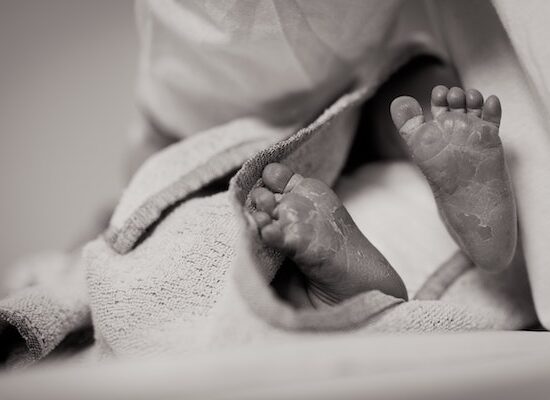
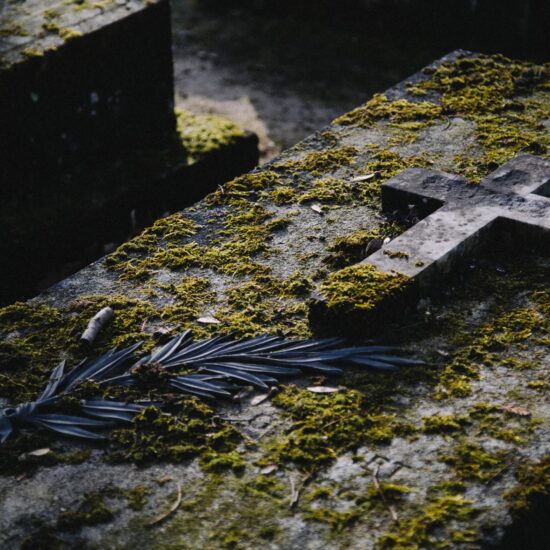
PATRICIA WAGNER DODSON / September 15, 2016
Thom, thank you for your response. I have been on both sides of this experience. As a family member who was with both my sister and my father when they died. As a nurse who is often with patients at times of great despair and pain.
I believe that birth is glossed over in much the same way death is. There is a culture supporting birth but it is a culture that presents a “storybook” view of what is happening. Birth is about blood and pain too and not every woman is experiencing it in the way the books want us to believe is “normal.” Long before they have their first child, women are socialized to know that to become a mother, one must accept the party line. It is one of many experiences we are made to feel we must lie about.
Dying is more difficult and more mysterious and we do ourselves the greatest disservice by forcing our religious or cultural views into a process that is unique to each person. As a nurse, it sickens me when patients cannot define their own final experience of life. Families and nurses have strong beliefs and they often force onto patients their version of death while ignoring the biological and emotional experience that we cannot know. On my deathbed, I do not want any words and I do not want to become an object that validates my family or my nurse’s faith. I want to be with someone who is focused on me–relieving and supporting me. I want to move into the mystery of my last act as a human with a bit of dignity and without the noise of other people’s convictions.
/
Diana J Mason / September 15, 2016
Thom, thank you for capturing the complexities of end-of-life care for everyone with such honesty. I am supporting the legalization of aid in dying. Some states have passed this but NY has not, so it goes on quietly underground and some folks get bad advice about how to choose when they die instead of suffering as you’ve described it here. Thanks to Joy for inviting you to do this.
/
Lois Gerber / September 15, 2016
So well written, Thom. Your patients and their families are blessed to have you as their nurse.
/
Thom Schwarz / September 16, 2016
Thanks to Joy indeed for encouraging me to scribble, for offering me a venue, for making sense of my scribbles, and for zero criticism, measurement, censure, or even the slightest measurement of my experiences and emotions. She’s a writer’s dream editor, and my best friend/first reader.
/
Thom Schwarz / September 16, 2016
Thanks. Being an imperfect person and nurse, I suspect not ALL of my patients feel so, ha-ha!
/
tina bonanno / September 22, 2016
An amazingly wonderful piece. Loved the brutal truth of it.
/